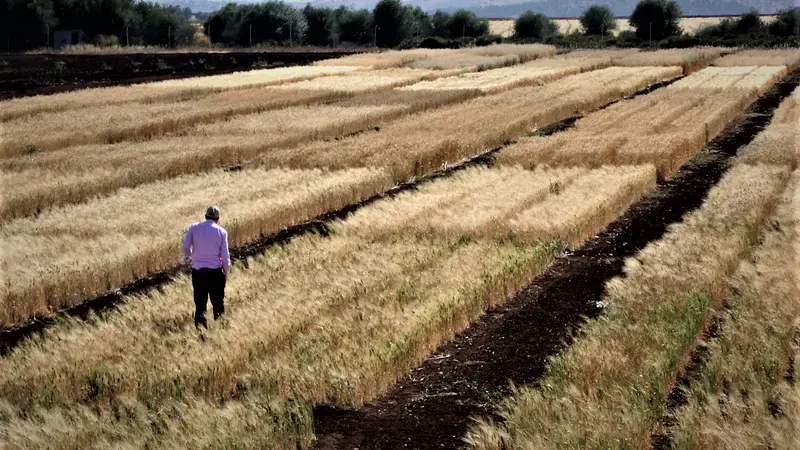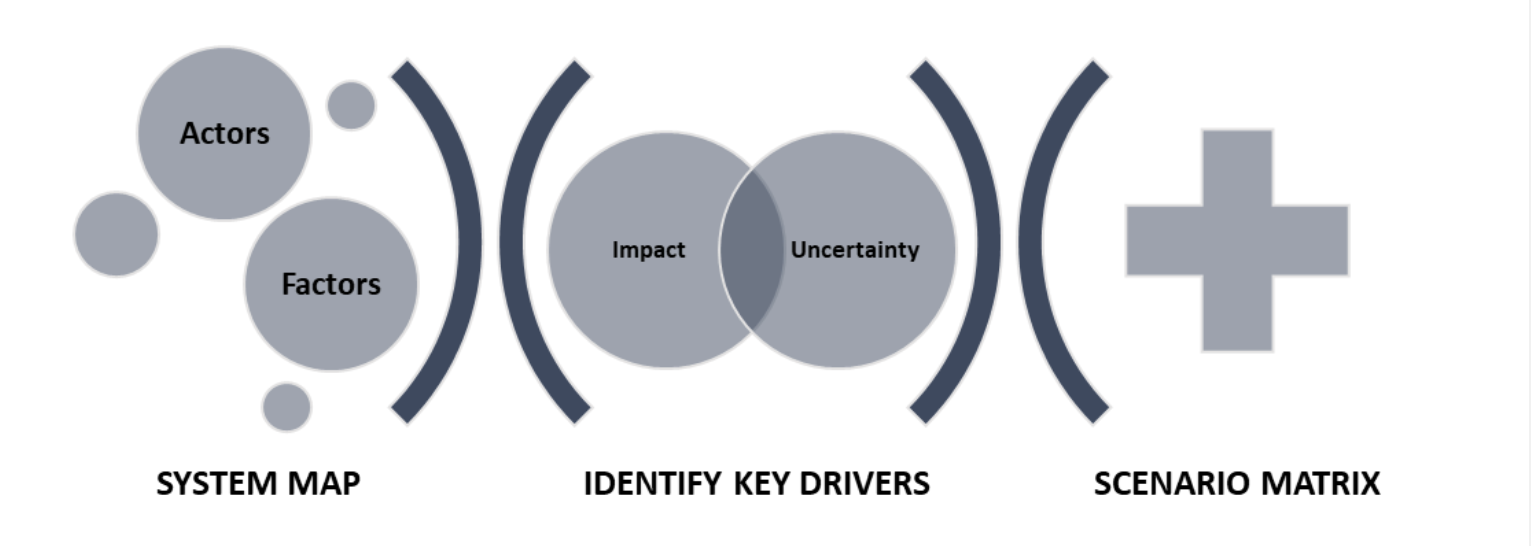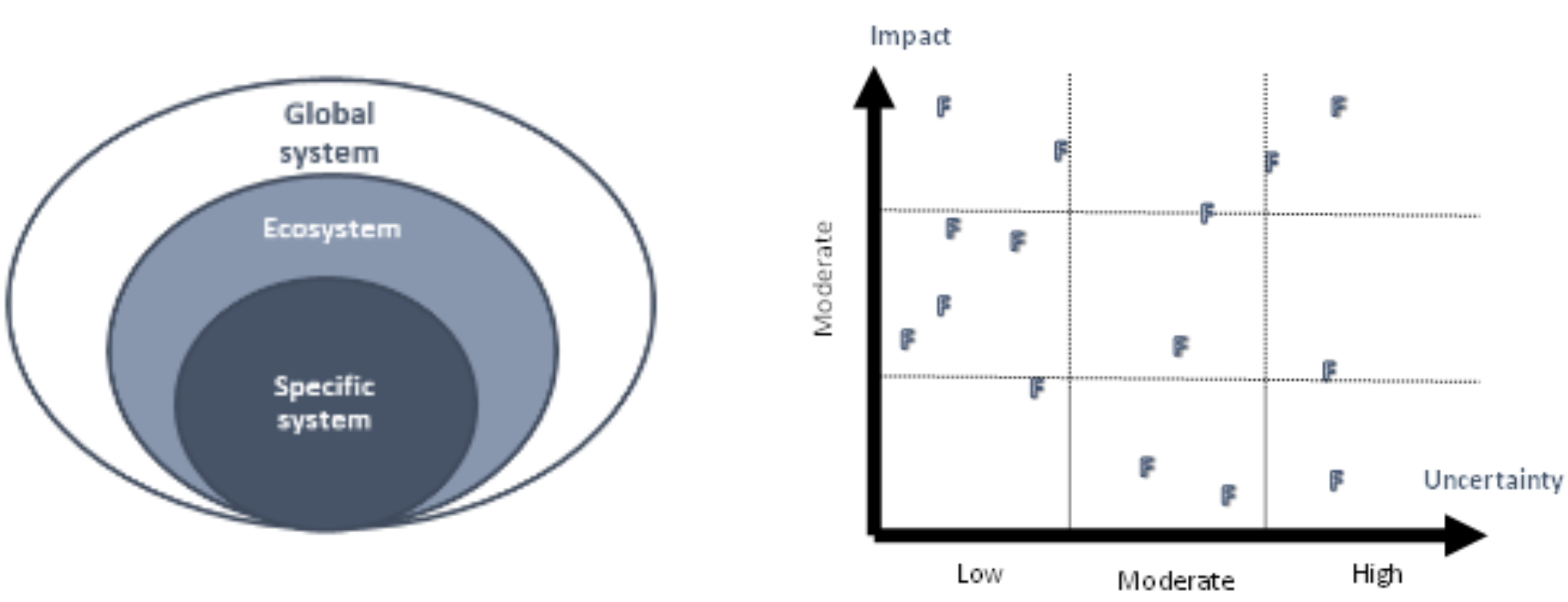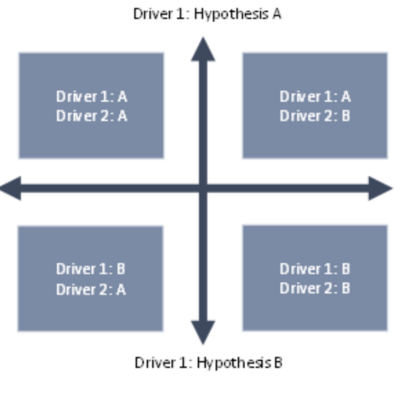Refreshing ICARDA’s Strategic Plan for a Fast-Changing World

In the face of intensifying climate change and increasingly variable conditions, the future of agriculture in the global drylands is at stake. ICARDA is stepping up to the challenge by refreshing its current strategic plan to ensure it remains relevant and fit for purpose in a fast-changing world.
With its current strategy set to expire in 2026, ICARDA will review, revise, and refresh its strategic approach to take the organization to 2030 and beyond. This partner-led process will involve a collaborative foresight study to explore how agrifood systems in the global drylands could evolve by 2030, highlighting key challenges and mitigating the shifting challenges of climate change. Key partners such as the Ministers of Agriculture and their National Agricultural Research Institutions will be consulted, along with farmer associations, global research institutions and agencies, and sister CGIAR Centers working in drylands. The review process of its strategy is a collaborative effort combining its scientific evidence and indigenous knowledge from dryland communities, as well as its 40+ years of work with a core group of partners in joint initiatives, policymakers, development partners, investment banks, NGOs, and private companies.
ICARDA’s collaborative process will ensure informative engagement and buy-in, leading to a robust and aligned strategy that reflects a collective vision in a fast-changing world. Representatives from partner organizations will be asked to review the global drylands strategic scenarios drafted by ICARDA to ensure common objectives are integrated while funding actions are developed. The process will also plan how to better position dryland issues firmly on the research and development agenda at national, regional, and global levels.
First Steps - Foresight Study
ICARDA and partners will first develop a System Map to catalog the factors and actors important to studying how agrifood systems in the global drylands will evolve between the present and 2030. The focus is on the key drivers of climate impact, especially those that are unpredictable and cause the most uncertainty. Considering how such drivers would impact farming communities will gain a deeper understanding of how the future of agrifood systems in the global drylands might unfold and enable the development of “2030 Food and Agriculture Scenarios” and four sub-system scenarios relevant to different ecosystems, dynamics, and settings.



Continuous Review
After the outcomes of the foresight study have been examined, the strategic plan will then go through a review process that includes National Agricultural Research institutions, partners and donors, and the ICARDA Board. The collaborative review process of ICARDA’s strategy ensures that its research and outcomes remain relevant and effective. It continues to positively impact emerging global food security, land degradation, and climate change issues.
The strategy is expected to be finalized and published by January 2024 but will continuously be reviewed and updated as climate change continues to impact the drylands and the rural communities within.
